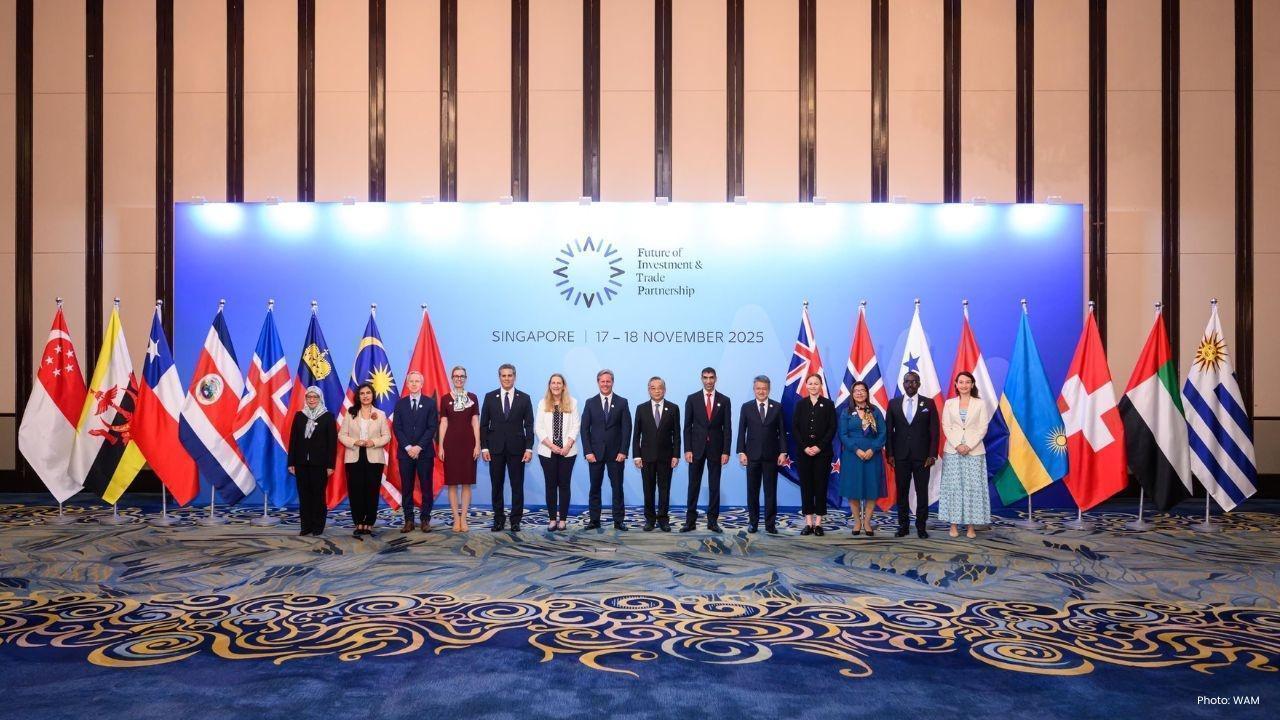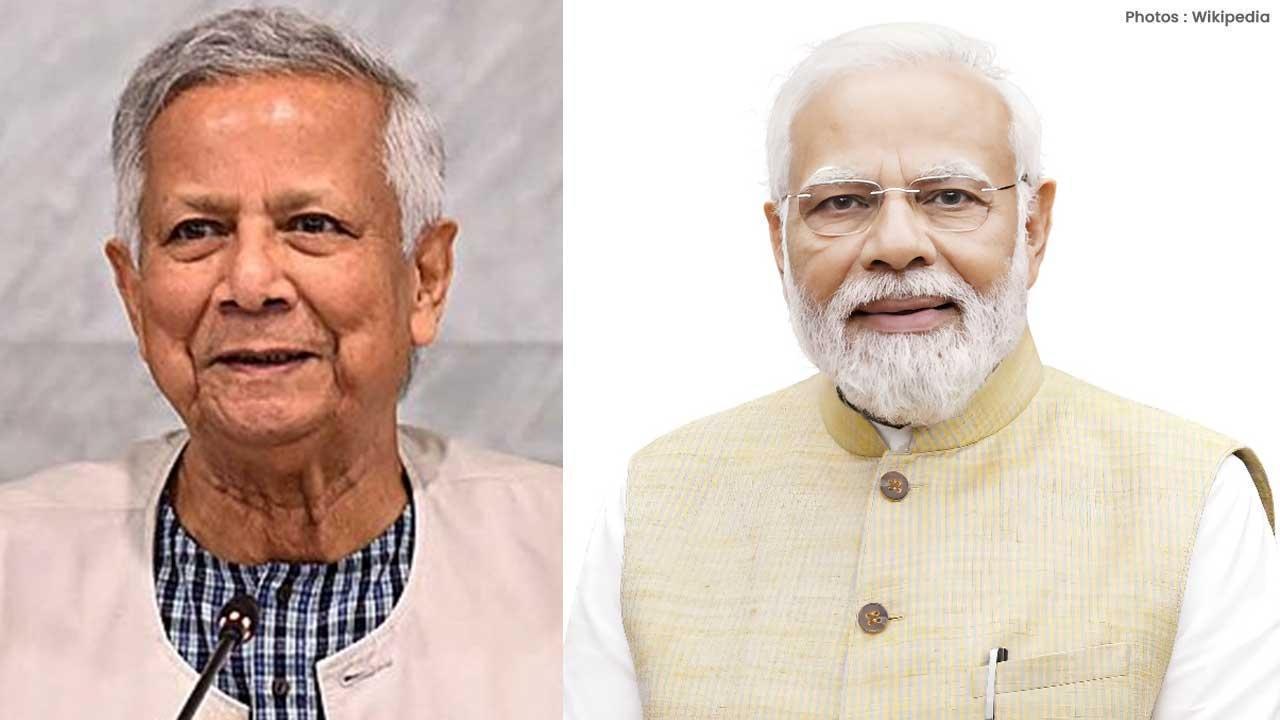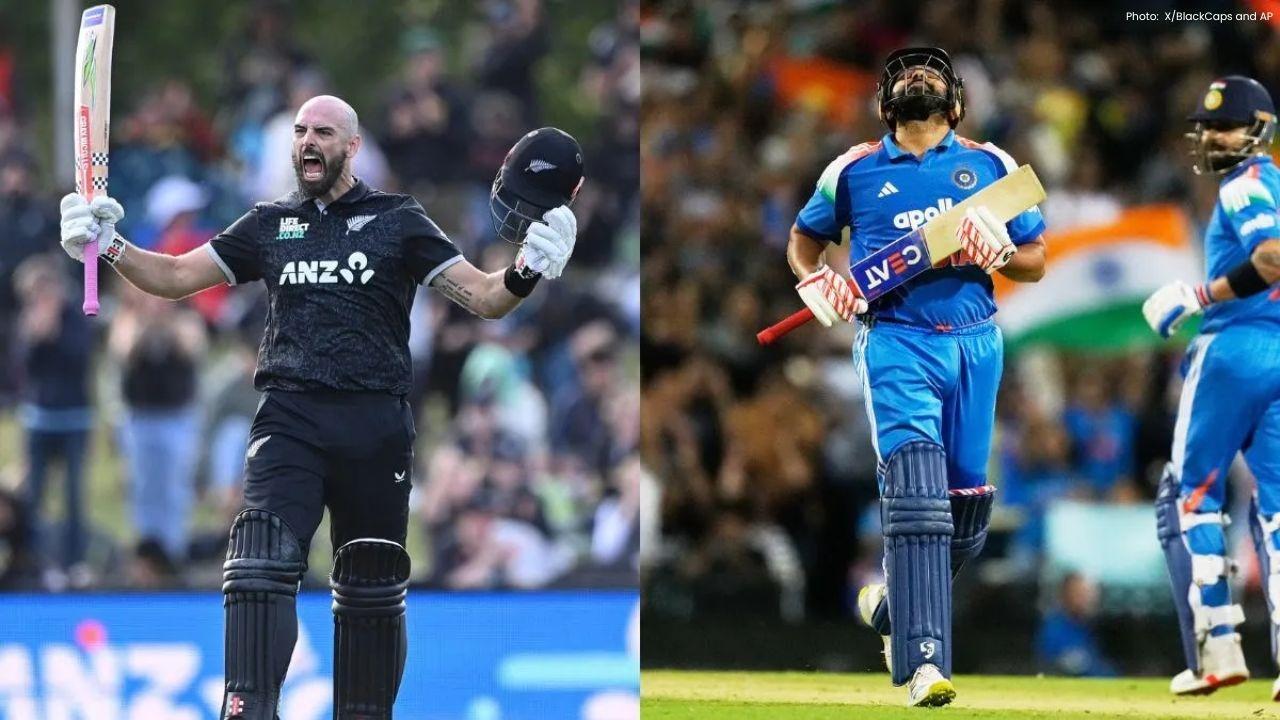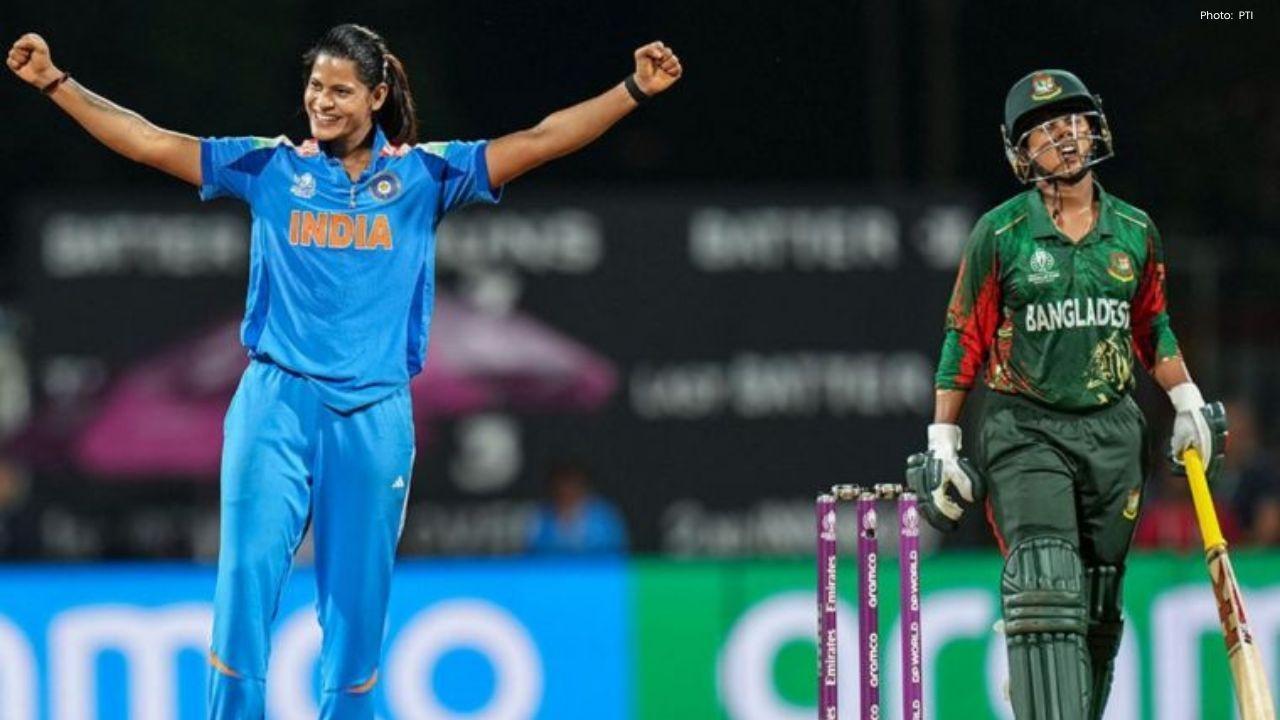
Post by : Saif Nasser
For years, male characters in films and television have been traditionally depicted as resilient, stoic, and emotionally detached. This portrayal has heavily influenced societal expectations of masculinity, often leading men to perceive emotional expression as a weakness. According to the World Health Organization, men worldwide are less inclined to seek professional assistance, even when they face stress, anxiety, or depression. Many choose silence over vulnerability due to fears of judgment or societal pressure to remain strong.
However, a significant shift is underway on OTT platforms. Modern young-adult series and international offerings are increasingly showcasing men who candidly express their emotions, pursue therapy, and confront personal struggles. This portrayal has resonated with viewers, particularly younger demographics, who are beginning to value emotional maturity in male characters. Experts refer to this encouraging shift as the “accountability aesthetic,” where showing emotional responsibility is viewed as commendable rather than a weakness.
Psychologist Arpita Kohli from PSRI Hospital emphasized that media can either perpetuate detrimental stereotypes or replace them with healthier representations. When male characters on screen seek help, it initiates meaningful conversations regarding mental health, reinforcing that it is entirely acceptable for men to experience confusion, fear, or overwhelming emotions. Seeking help is portrayed as a strength rather than a flaw.
Dr. Pavitra Shankar, a psychiatrist at Aakash Healthcare, noted that numerous young men may appear unfazed outwardly while grappling with intense pressures internally. Many contend with financial distress, job-related anxieties, or the burden of familial expectations. Although they wish to open up, the fear of being perceived as weak often silences them. Witnessing characters reveal their vulnerabilities on screen serves as a crucial reminder that men also experience the need for support.
In popular series such as The Summer I Turned Pretty and Maxton Hall, the emotional evolution of male characters plays a pivotal role in the narrative. In the second season of The Summer I Turned Pretty, Conrad navigates anger and emotional turmoil stemming from his mother’s illness. Rather than exhibiting detachment, his decision to pursue therapy is portrayed as a responsible and proactive choice. Similarly, in Maxton Hall, James Beaufort seeks therapy following significant trauma, illustrating a breakthrough in unhealthy behavior patterns and aiming toward a more fulfilling life.
Experts suggest that such storytelling is vital as it normalizes mental health care for young viewers. Dr. Kohli argues that OTT platforms are doing what mainstream cinema has largely overlooked for years—allowing men to express grief, fear, sadness, and personal growth without portraying them as weak or villainous.
This dialogue extends beyond fictional narratives. Many notable celebrities have openly discussed their mental health struggles, contributing to the reduction of stigma surrounding these issues. Actor Arjun Kapoor has advocated for young individuals to prioritize therapy, emphasizing the acceptability of emotional openness. Actor Imran Khan has shared his experiences with reshaping mental health discussions over the past decade, commending today’s youth for their openness. Director Karan Johar has likewise spoken about seeking therapy to cope with body image challenges and lasting emotional discomfort.
However, some industry professionals feel that Indian cinema still has much progress to make. Influencer Nikhil Taneja remarked that Bollywood male characters often remain confined within hyper-masculine archetypes. While the representation of emotional honesty is present, it is infrequent. Actor Amol Parashar expressed a preference for storytelling that embodies courage and hope, motivating audiences to embrace strength through candor rather than silence.
As streaming services continue to foster an emphasis on emotional awareness among men, the hope is that audiences will gradually recognize that expressing emotions is not a flaw but an integral part of humanity. Such narratives are guiding men and boys to understand that seeking support is a positive action rather than a sign of weakness. In the long run, this cultural shift could inspire authentic conversations, foster greater empathy, and promote healthier approaches to managing stress and mental challenges.










Jamaica's McClaren Resigns Following World Cup Qualifying Draw
After a goalless draw with Curacao, Steve McClaren resigns as Jamaica's coach, leaving them to vie f

Daryl Mitchell Tops ICC ODI Rankings, Major Player Movements Noted
Daryl Mitchell ascends to the No.1 ODI batter position, with notable improvements from players in va

Bangladesh Women's Cricket Tour to India Postponed Indefinitely
The Bangladesh women's cricket team's tour of India in December has been postponed indefinitely due

Bangladesh Announces Vice-Captains Ahead of Ireland Matches
Bangladesh Cricket Board appoints Mehidy Hasan, Najmul Shanto, and Saif Hassan as vice-captains for

England Aims for Breakthrough in Series Opener Against Injury-Hit Australia
As Australia struggles without key fast bowlers, England seeks a historic win in the Ashes opener in

Shubman Gill Heads to Guwahati, Yet Second Test Participation Uncertain
Shubman Gill will travel with the Indian team to Guwahati, but his neck injury casts doubt on his av